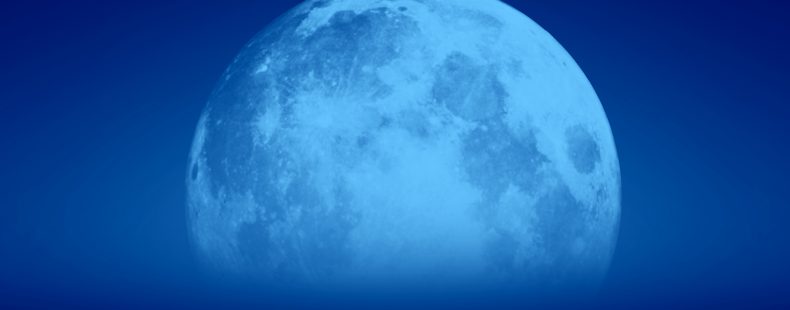Over the moons
The English word moon is very old and dates back to before the year 900. It originally comes from the Old English word mona and is related to the Latin mēnsis, meaning “month.” As you’ll soon see, this isn’t the only link between the moon and calendar months. In fact, different cultures had different nicknames for the moon to go with each month of the year, according to The Old Farmer’s Almanac. These nicknames were used to refer to the moon during an entire lunar phase cycle starting at either a full or new moon. For example, January’s moon might generally be called the Wolf Moon or the Full Wolf Moon, when specifically referring to the January full moon. When looking at lunar calendars, you will often find these common folk names still used to refer to the full moons throughout the year.















